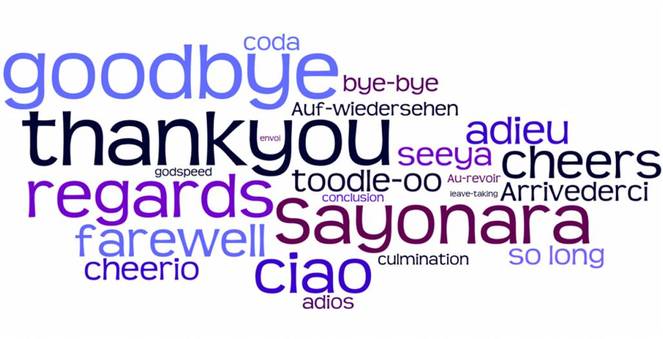|
with Rich Piscopo April 14 So, our "P4C Productions Theater Troupe" reenacted episode nine of Lisa, with reassigned parts. We had great fun acting the parts! The issues we touched upon were fighting, making choices, Cause and Effect, and resigning ourselves to our "fate" (Free Will and Determinism). The class chose to talk about making choices. (I have reserved much time in the future to investigate the huge philosophical issues of Free Will and Determinism and Cause and Effect.) The facilitator put out the notion that the choices made by our ancestors brought us into existence. If our grandparents never met and did not have offspring, the self we know as "me" would not exist today. And the choices our families and we have made (relatively recently) have brought us to this moment in time and space. If it was decided that one should take ballet lessons rather than P4C during this time period, we would have never met. Every moment is filled with infinite potential. Which potential we actualize creates who we are in the future. After discussing this phenomenon, a student said, "I hate making choices." Then another added, "I think too much." The rest of the class generally agreed with these comments. So that the students did not feel strange or different, the facilitator reassured them that many of his gifted students have the same complaint. He told them that their high intelligence and active imagination allows them to see multiple consequences to any choice. This awareness can be overwhelming, thereby paralyzing them when it comes time to choose one course of action. However, the facilitator went on, the same intelligence that may cause the paralysis may save them from it. By making a "Pro and Con" list and then choosing the decisive consideration, one may choose the course of action with the most probable positive outcome. [This thinking process is discussed at length in the novella, Harry Stottlemeier's Discovery, the program that precedes Lisa. Also, as evidenced by the excellent judgment demonstrated by the students' parents, the facilitator is sure this thinking process is taught at home. However, the facilitator thought it a good time to reinforce the concept in the classroom.] The students agreed with this thinking procedure, and class ended on a positive note. April 28 It was with sadness that I announced the need for me to leave our class early this season. I informed the students that I'd be working in a summer arts program with the Developmentally Disabled. Through art, our hope is to "ignite the spark within" (our slogan) those with severe disabilities. I gave a concrete example of how I used philosophy to help me navigate a new situation. Last week, one of the clients I was introduced to was severely challenged. She had cerebral palsy and was confined to a wheel chair. Upon first appearances, she was striking to see. My first, primal, impulse was to recoil. Then I remembered what we frequently spoke about in P4C class: things are often not what they appear to be. Suspend judgment. Be open. And, true to form, once I overcame my initial fear, and got to know this severely challenged woman, I discovered that there was a wonderful, positive person inside. She had hopes and dreams, likes and dislikes, and personality. She was just like you and me, only contained in a different package. Responding to this story, a student said she often wondered how a blind person perceived the world. She wanted to "see" the world from their point of view. All the students responded similarly. Another mentioned the Seeing Eye puppy her family is raising. What a mature skill it is to be sensitive to another's point of view. We then moved on to my planned lesson about the relationship between reason, consistency, and ethical behavior. I asked, "What part does consistency play when you are forming a code by which to guide your life?" I mentioned that in chapter two of Lisa, Harry Stottlemeier said there are rules and procedures for thinking (i.e., logic). He then asked if there are rules and procedures for living. The first student said there are different sets of rules or procedures. For example, the rules and customs established by society may not apply in a survival situation. We then discussed finding a set of values for oneself. I asked if the students have yet to find theirs. All said they have found most of them. The issue of lying arose. I asked if we would betray our dignity even if we told a little lie, say to preserve someone's feelings. The first student said that there was a level that was not quite lying. I played devil's advocate and said there was either lying or telling the truth. A second stepped in and suggested we say whatever does the least harm. He went on to say that the overall value of compassion outweighs the smaller value of telling the truth under all circumstances. As our time was running out, I left the class with these questions, "Who are you? Is who you are dependent on being ethically consistent?" Thank you all for a great year! Looking forward to another great one next year. Stay curious and keep the journey of discovery alive! Comments are closed.
|
Categories
All
Archives
May 2016
|

 RSS Feed
RSS Feed